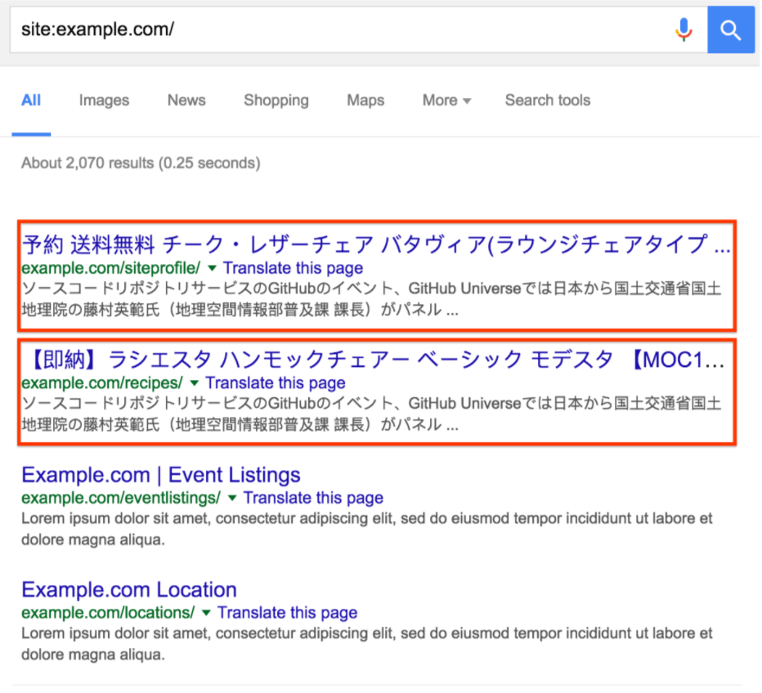As more businesses move online, website security and maintenance are becoming increasingly important. One particular threat that has been on the rise in recent years is the Japanese SEO attack. This type of attack can seriously damage a website’s reputation and rankings, making it essential for businesses to understand how to prevent and respond to such attacks.
What is a Japanese SEO Attack?
A Japanese SEO attack is a type of hacking technique that targets a website’s search engine optimization (SEO). The goal of this attack is to manipulate a website’s search engine rankings by creating backlinks to the site from low-quality, spammy websites. These backlinks can lead to a penalty from Google, which can result in the site being pushed down in search engine rankings or even removed from search results altogether.
The attack is named after the origin of the attack, which is often traced back to Japan. It’s not clear why Japan is the source of this type of attack, but it’s thought that it may be due to the country’s large number of internet users and relatively relaxed attitude towards internet security.

How to Prevent a Japanese SEO Attack
Preventing a Japanese SEO attack starts with good website maintenance and security practices. Some of the key steps businesses can take to prevent such attacks include:
- Regularly update your website software: Keep your website software up to date to ensure that any security vulnerabilities are patched.
- Use strong passwords: Use strong passwords for all user accounts and ensure that passwords are changed regularly.
- Use a web application firewall: A web application firewall can help protect your website from attacks by filtering out malicious traffic.
- Monitor your website’s backlinks: Regularly monitor your website’s backlinks to ensure that there are no spammy or low-quality links pointing to your site.
How to Respond to a Japanese SEO Attack
If your website has already been targeted by a Japanese SEO attack, there are steps you can take to minimize the damage.
These steps include:
- Disavow the spammy links: Use Google’s disavow tool to tell Google that you don’t want these backlinks to be counted towards your website’s rankings.
- Contact Google: If your website has been penalized, you can contact Google to explain the situation and request that the penalty be removed.
- Improve your website’s content: Focus on creating high-quality, relevant content that will help your website rank higher in search results.
- Use Google Search Console: Use Google Search Console to monitor your website’s rankings and any penalties that may be affecting your site.
By following best practices for website maintenance and security, businesses can reduce the risk of falling victim to a Japanese SEO attack. And if an attack does occur, taking swift action to disavow spammy links and improve website content can help mitigate the damage and restore search engine rankings.


